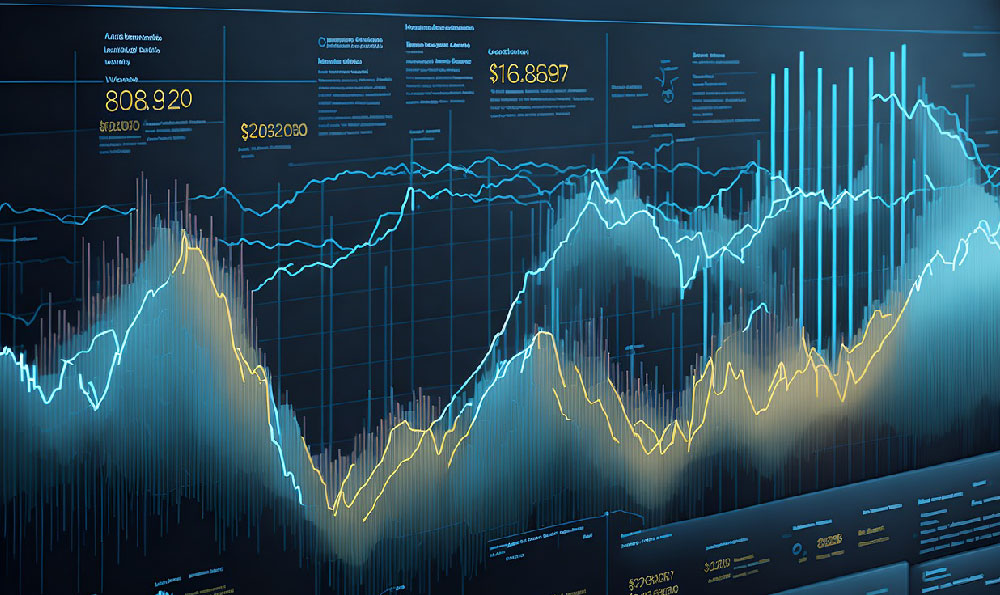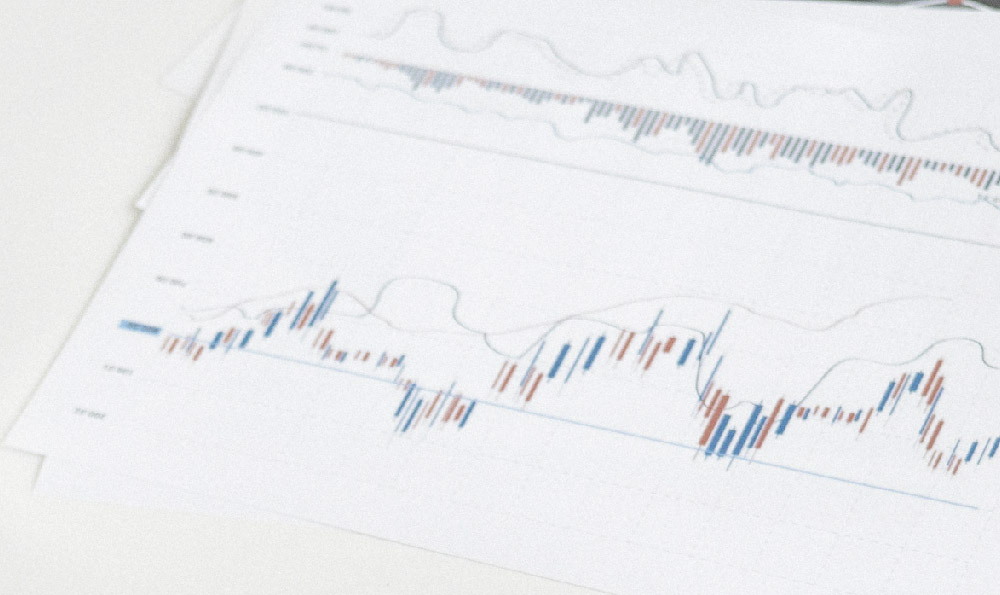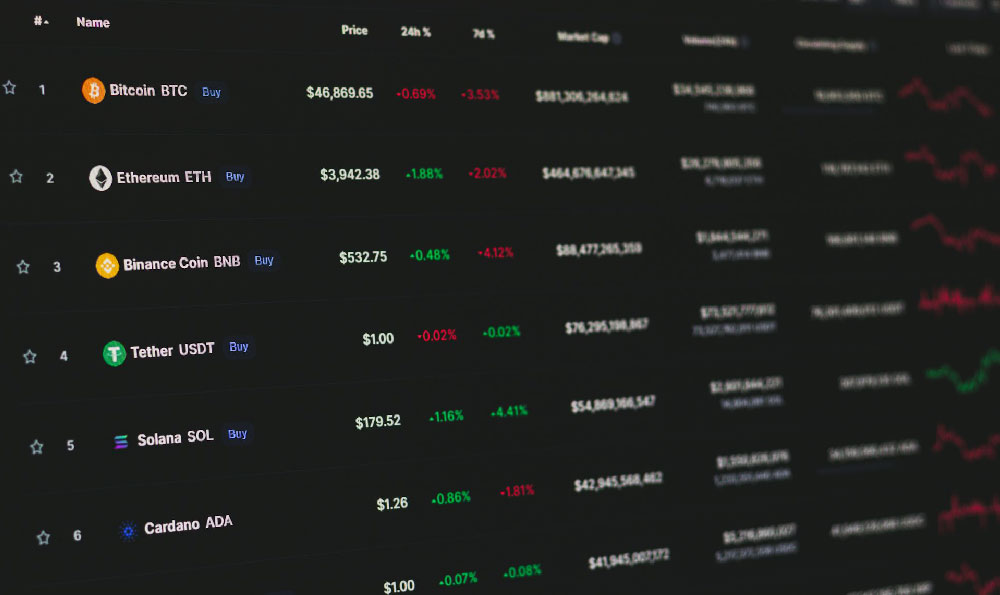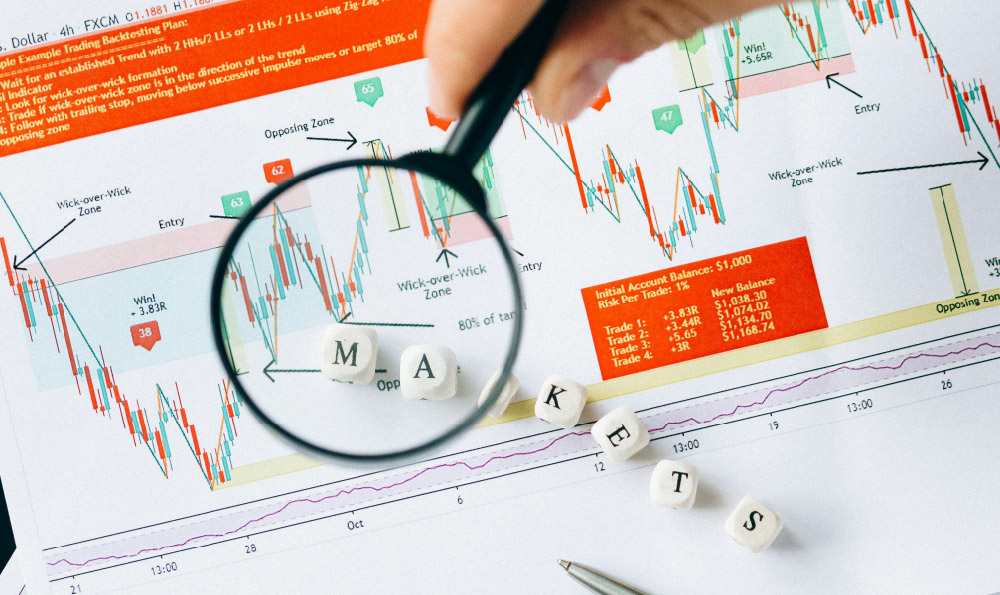Turning your Facebook Page into a revenue-generating machine requires a strategic approach and a clear understanding of the platform's tools and your audience's preferences. It's not simply about accumulating likes; it's about cultivating an engaged community and leveraging that connection for profit. There are multiple avenues to explore, each with its own set of requirements and potential rewards. The key is to identify the methods that align best with your page's niche, content style, and target audience.
One of the most direct and straightforward methods is through Facebook Ads. Facebook's advertising platform is incredibly sophisticated, allowing you to target users based on a wide range of demographics, interests, and behaviors. By creating compelling ad campaigns that promote your own products or services, or even affiliate offers relevant to your audience, you can drive traffic to your website or landing pages and generate sales. The success of this method hinges on your ability to create engaging ad copy, visually appealing creatives, and well-targeted campaigns that resonate with your ideal customer. A/B testing different ad variations is crucial to optimize your campaigns and maximize your return on investment.
Beyond direct advertising, consider exploring sponsored posts. If your page has built a substantial and engaged following, brands may be willing to pay you to promote their products or services. This involves creating content that features the brand's offerings in a natural and authentic way, avoiding overly salesy or promotional language. Transparency is paramount here. Always disclose that the post is sponsored, adhering to Facebook's advertising guidelines and maintaining the trust of your audience. The price you can command for sponsored posts depends on factors such as your page's reach, engagement rate, and niche relevance to the brand. Negotiation skills are valuable in securing favorable deals.

Another viable option is selling merchandise directly through your Facebook Page. Facebook Shops allows you to create an online storefront where you can showcase and sell your products. This can be anything from physical goods like t-shirts, mugs, and accessories branded with your page's logo or catchphrases, to digital products like e-books, online courses, or downloadable templates. Setting up a Facebook Shop is relatively straightforward, but it requires attention to detail in terms of product photography, descriptions, and pricing. It's also essential to manage your inventory and fulfill orders efficiently to ensure customer satisfaction. Integrating your Facebook Shop with other e-commerce platforms can streamline the process and improve inventory management.
For content creators, Facebook's in-stream ads offer a way to monetize video content. By enabling in-stream ads on your videos, you allow Facebook to insert short ads before, during, or after your videos, and you receive a share of the advertising revenue. To be eligible for in-stream ads, your page needs to meet certain criteria, including having at least 10,000 followers, 600,000 total minutes viewed in the last 60 days, and five active videos. The revenue generated from in-stream ads depends on factors such as the video's length, viewership, and ad rates. Creating high-quality, engaging video content is essential to attract viewers and maximize your earnings.
Furthermore, consider leveraging Facebook Groups to build a dedicated community and offer exclusive content or services for a fee. You can create a private Facebook Group that requires a paid membership to access exclusive content, participate in discussions, or receive personalized support. This model works particularly well for niches where there is a strong demand for specialized knowledge or a desire for community interaction. For example, a page dedicated to photography could offer a paid membership group that provides access to exclusive tutorials, critiques, and live Q&A sessions.
Beyond these established methods, explore creative ways to monetize your page based on your unique skills and audience. Offer consulting services, coaching sessions, or even customized content creation services. The key is to identify a need within your audience and offer a valuable solution in exchange for payment.
Successfully monetizing a Facebook Page requires consistent effort, a data-driven approach, and a commitment to providing value to your audience. Regularly analyze your page's performance metrics, experiment with different monetization strategies, and adapt your approach based on what works best for your specific situation. Building a strong, engaged community is the foundation for successful monetization. Focus on creating content that resonates with your audience, fostering meaningful interactions, and building trust. Authenticity is crucial. Don't sacrifice the quality of your content or the trust of your audience for short-term gains. A long-term approach, focused on building a sustainable and valuable community, will ultimately lead to greater success in monetizing your Facebook Page. Remember to always adhere to Facebook's advertising policies and community standards to avoid penalties or account suspension.












